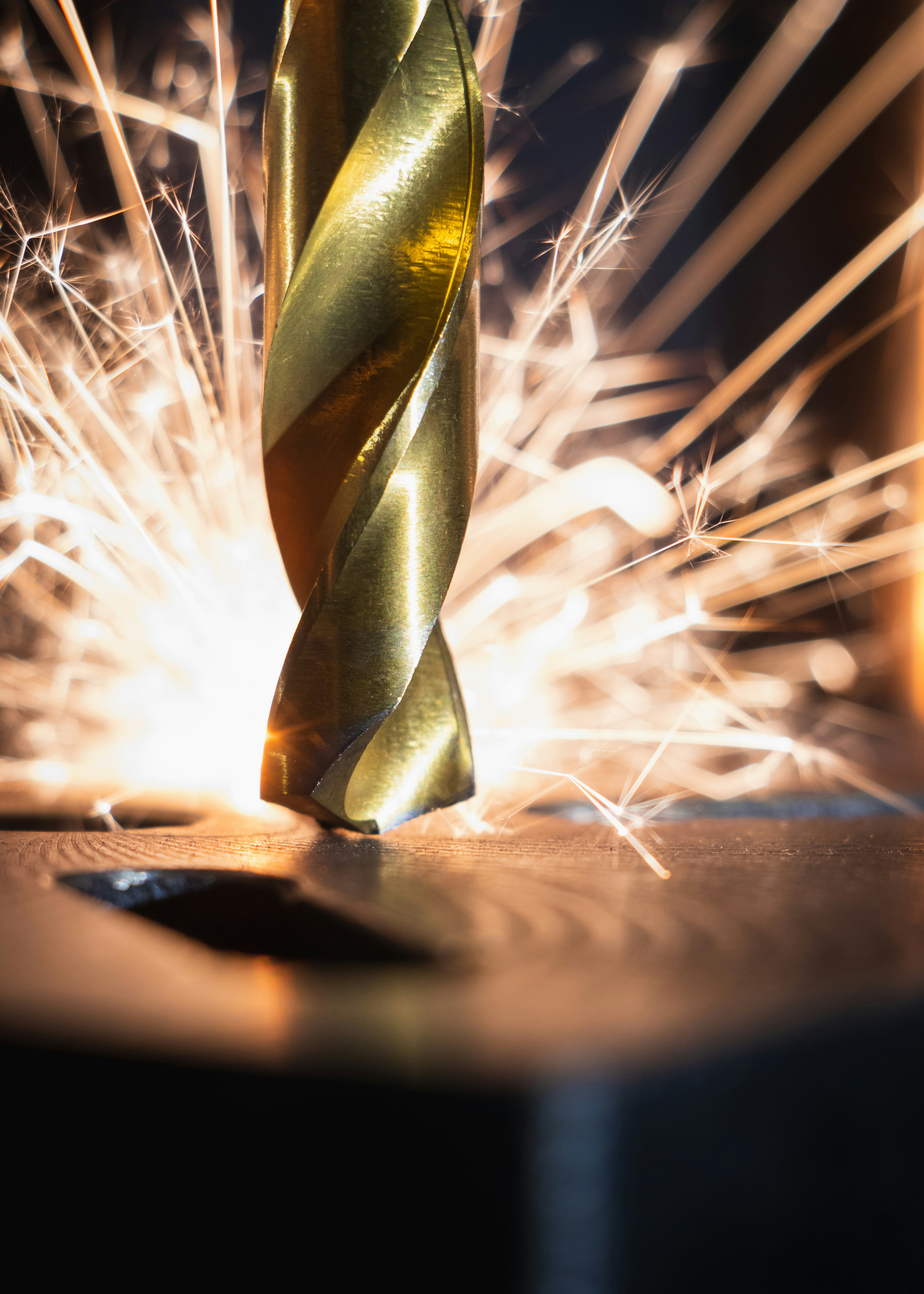- Predictive maintenance
One of the most important ways that AI can be used in manufacturing is predictive maintenance. In modern manufacturing environments, AI-powered systems analyze data from sensors and equipment and predict when machines will likely fail. With this proactive approach, problems caused by machines’ breakdowns like reduced downtime are reduced and this extends the lifespan of machinery and saves money by preventing costly breakdowns.
- Quality Control
Artificial intelligence enables manufacturers to maintain strict quality control standards. With machine learning algorithms, manufacturers can detect defects and anomalies in real-time, significantly reducing the likelihood of producing faulty products. This not only improves product quality but also lowers production costs by minimizing waste.
- Demand Forecasting
Accurate demand forecasting is an important component in optimizing production schedules and inventory management. AI algorithms help manufacturers analyze historical data, market trends, and even external factors like weather to predict future demand more accurately. Through this, these companies can reduce overproduction and stockouts, ultimately improving profitability.
- Process Optimization
Artificial intelligence can play a critical role in optimizing manufacturing processes. It does this by continuously monitoring and adjusting parameters in real-time. This may include adjusting machine settings or streamlining production workflows. Regardless of how it achieves this, AI ensures operations are as efficient as possible. This results in increased throughput and reduced resource consumption.
- Supply Chain Management
Managing the supply chain effectively is essential for manufacturing success. AI helps by providing real-time visibility into the supply chain, optimizing routes, and managing inventory levels efficiently. This ensures that materials and components are available when needed and minimizes the risk of disruptions.
- Human-Robot Collaboration
Collaborative robots, commonly known as cobots have become increasingly common in manufacturing. These robots use AI to work alongside human employees safely and efficiently. With such synergy between AI and humans, productivity is enhanced, allowing human workers to focus on more complex tasks while robots handle repetitive and labour-intensive work.
- Customization at Scale
Customization is a trend that is growing rapidly in manufacturing, driven by consumer demand for personalized products. This technology makes it possible to tailor products at scale by efficiently managing the production process and adapting to customer preferences without sacrificing efficiency or cost-effectiveness.
- Energy Efficiency
Manufacturers are under increasing pressure to reduce their environmental footprint. AI is critical in achieving this by optimizing energy consumption throughout the production process. AI-driven systems can identify energy-saving opportunities and make real-time adjustments to minimize waste.
- Enhancing Safety
Safety is a leading area of concern for any manufacturer, and AI contributes significantly to creating safer working environments. With the help of AI-powered sensors and cameras, manufacturers can detect unsafe conditions or behaviour, triggering immediate alerts or even automatic shutdowns, preventing accidents and injuries.
- Data-Driven Decision-Making
Artificial intelligence generates vast amounts of data from different manufacturing processes. This data can be harnessed to make informed decisions, identify trends, and continuously improve operations. AI-driven analytics tools offer manufacturers valuable insights that help them stay competitive and agile in a dynamic market.
In conclusion, AI technology is transforming the manufacturing sector by improving maintenance processes, optimizing supply chain management, enhancing quality control measures, and automating repetitive tasks. Adopting AI technologies allows manufacturers to achieve higher productivity levels, cost reduction, increased efficiency, and a competitive edge in the marketplace. The future of manufacturing is undoubtedly intertwined with AI, and companies that invest in this technology are likely to reap significant benefits.












